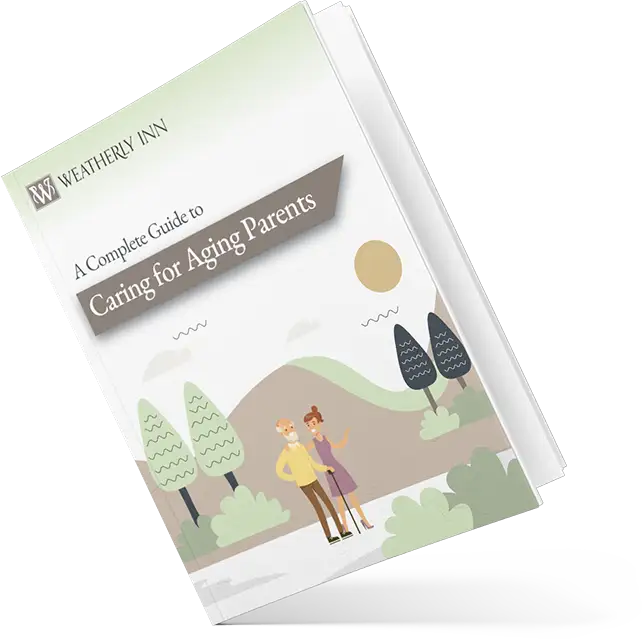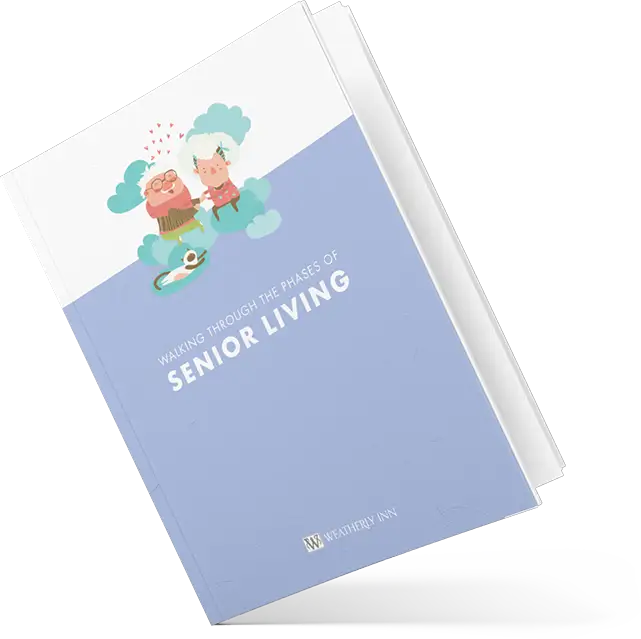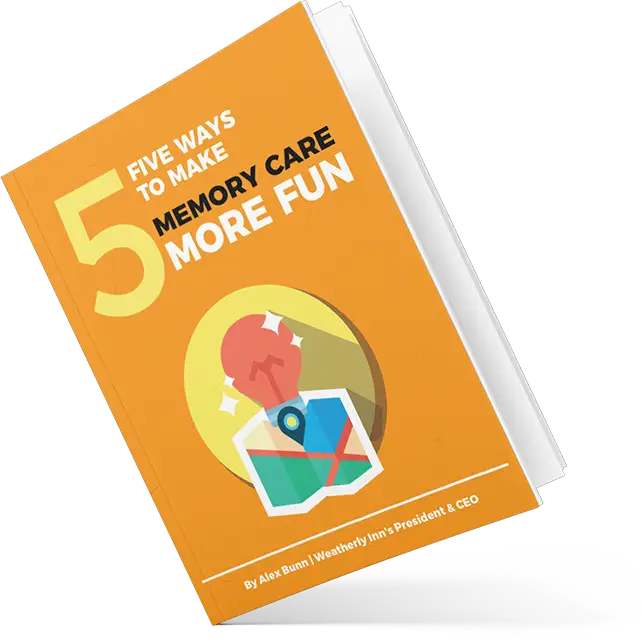December 10, 2019
The golden years often bring wonderful life-changing experiences such as retirement and traveling. However, they often come with new challenges like ailments and disease. After a severe illness, fall, or diagnosis of Alzheimer’s, a spouse may become completely dependent on the other. A significant health change for a spouse can quickly change all retirement plans.
In some cases, moving to an assisted living community where the couple will receive some type of health care may be necessary. Today, many assisted living locations also share a campus with a skilled nursing community and memory care or Alzheimer’s unit. The residents in these units need extra monitoring day and night. Here are some things to consider when searching for the right housing option for you and your spouse.
Know Your Senior Living Options
There are quite a few options when it comes to senior communities. Some allow couples to share a room or apartment, and others may not due to a spouse’s medical needs. However, couples will be allowed to visit with one another daily. Below are four senior living communities you should know about.
1. Age in Place
Seniors who do not want to leave their home, but need a little help around the house can hire a health care aide to work with them and their spouse. The best way to find an aide is to go through an agency. However, when both seniors can no longer fulfill their own care needs, it’s time to make better long-term care plans. Plans should be made early on before you or your spouse becomes ill and cannot make plans together.
2. Continuing Care Retirement Community
A continuing care retirement community offers memory care, assisted and independent living, as well as skilled nursing, all on the same campus. Most seniors who are still able to live on their own first move into the senior housing community and continue living an independent life. As their level of care needs change, they may need more help with activities of daily living and will then have the option to move to an assisted living unit. If they require a lot more monitoring and assistance, it may be necessary for them to move into skilled nursing.
3. Senior Care Apartments
Senior couples who do not need health care but need to downsize and be near other seniors, often opt to live in apartments for seniors. The apartments are full size and big enough for family and friends to visit. The units are fully equipped with appliances and bathrooms and can be decorated to the approval of the residents. Couples prepare their own meals or order out. Seniors living in this type of setting have the option to arrange for a home care nurse to visit them and receive different types of care services. However, they are usually responsible for finding a home care service to provide the services needed. Senior couples who have been together almost their whole life often have no plans to leave each other as their health begins to fail them. It is at that point, they want to be there for their spouse but cannot care for them and a large home. It is during this time when seniors begin to downsize and plan for the next chapter in their lives.
4. Skilled Nursing Community
Skilled nursing communities are a bit more impersonal. When thinking of a nursing home stay, think of a home that offers rehabilitation and physical therapy. Skilled nurses help residents who have limited mobility and those who need around-the-clock monitoring. Residents also receive personal care such as feeding, grooming, and several other activities of daily living. Couples living in a skilled nursing home may not always have a room together. However, their rooms are usually only a few feet away. Spouses are allowed to visit each other daily and spend as much time as possible together throughout the day. Although these communities are usually the last choice due to the lack of freedom and privacy for couples, it is a community that is needed for some ailing seniors.
Tour Different Communities
Narrow your search down to a couple of places that you feel will be the best fit for you and your spouse. Schedule a tour of the facility. Remember, waiting until one spouse becomes sick to decide on an assisted living residence limits your options. Take into consideration the level of care you and your partner will need mentally and physically. Make a list of certain amenities you want and be prepared to ask a lot of questions while touring the community. Here are a few questions to ask. If possible, take a loved one along with you who can help take notes and help you remember certain aspects about each location and its amenities
Questions to ask while touring an assisted living community
- Will my spouse and I be allowed to share a residence?
- What type of medical treatment or medication management is offered at the community?
- Are there any activities or social interaction time for residents? During your visit, pay attention to how the residents are interacting with one another and whether they look happy and seem to be in a good mood.
- What is the turnover rate among staff members?
- Ask about the policy on having family/friend visitors from outside?
- What levels of care do they provide? Finding out if long-term care is provided is essential to ensuring a smooth transition between the stages of senior living.
Ask if it is okay to talk with some of the residents sitting in the common areas? Many of the residents welcome the chance to speak about their quality of life in the community, living arrangements, and meet others who are looking to move in. It is also a great chance to get acquainted with familiar faces. However, keep in mind some may be dealing with cognitive issues, and this could play a part in their perceptions of the residence.
Contact Us at Weatherly Inn
You may feel moving away from the only home you have known is a scary transition. However, at Weatherly Inn, we have a compassionate and caring team who will walk you through each step and make your transition as smooth as possible. To find out more about our assisted living community and all the amenities we offer, contact us today.



